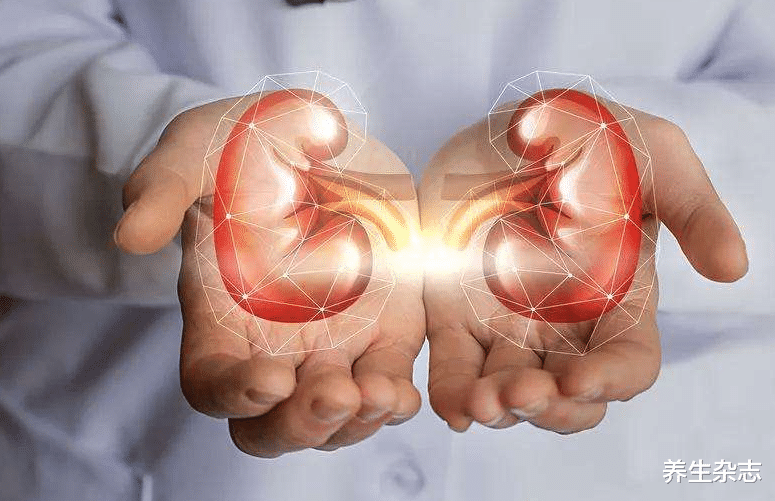As a metabolic disease, gout is mainly caused by high levels of uric acid in the body, and gout has become the fourth highest disease following hyperlipidemia, hypertension, and hyperglycemia.
Hyperuricemia is mostly due to unhealthy lifestyle habits and serves as an “accelerator” for elevated uric acid. More and more people are facing the dilemma of rising uric acid levels, and this disease cannot be cured, only by reducing uric acid levels through daily diet.
Can gout patients eat vinegar?
Vinegar is an essential seasoning in life, and its role is not limited to cooking. It can help with bowel movements, sterilization, and more. However, people often wonder if vinegar, being acidic, will lead to high uric acid levels in the body when consumed regularly.
In fact, vinegar contains acetic acid, and when vinegar enters the body, it is broken down into carbon dioxide and water, not affecting the body’s acid-base balance. Therefore, individuals with high uric acid can consume vinegar.
Doctors angrily warn: If you don’t want your kidneys to be “scrapped,” remove the “four things” from the dinner table early
1. Internal Organ Foods
Animal livers commonly eaten in daily life are processed in a special way, delicious and appetizing. However, many people do not understand the principle of not overindulging in delicious foods.
The purine content in internal organs is unimaginably high, and large amounts of purine entering the body can be converted into uric acid, leading to uric acid crystallization, damaging joints and kidneys.
2. Seafood
Common seafood like abalone, prawns, and sea fish are high-purine foods. Research shows that approximately every 100 grams of seafood contains about 200-2500 milliliters of purine. Regular consumption can cause uric acid imbalance in the body, leading to diseases such as gout.
3. Vegetables
There are many types of vegetables, such as spinach, which not only taste delicious but also provide rich nutritional elements, a major source of essential vitamins for the body.
However, spinach contains a lot of oxalic acid, which, when entering the body, combines with calcium to form crystals, affecting the body’s health and causing abnormalities in kidney metabolism and detoxification function.
4. Peanuts
Many people love peanuts, but very few truly understand them. Peanuts pose a high risk for individuals with high uric acid due to their high purine content. Accumulation of purine in the body leads to the formation of uric acid, which can be harmful to health over time. Once uric acid crystals appear, the consequences can be severe.
When hyperuricemia sets in, the body sends out the following signals that one should be vigilant about
Dry and bitter mouth, with persistent bad breath;
Frequent uncontrolled shaking of hands and feet;
Decline in memory, haggard appearance;
Increased sleep time, waking up in the middle of the night;
Increased urination, with urine tending towards yellow;
Limb swelling and mild edema;
Increased sweating with a strong sour odor.


